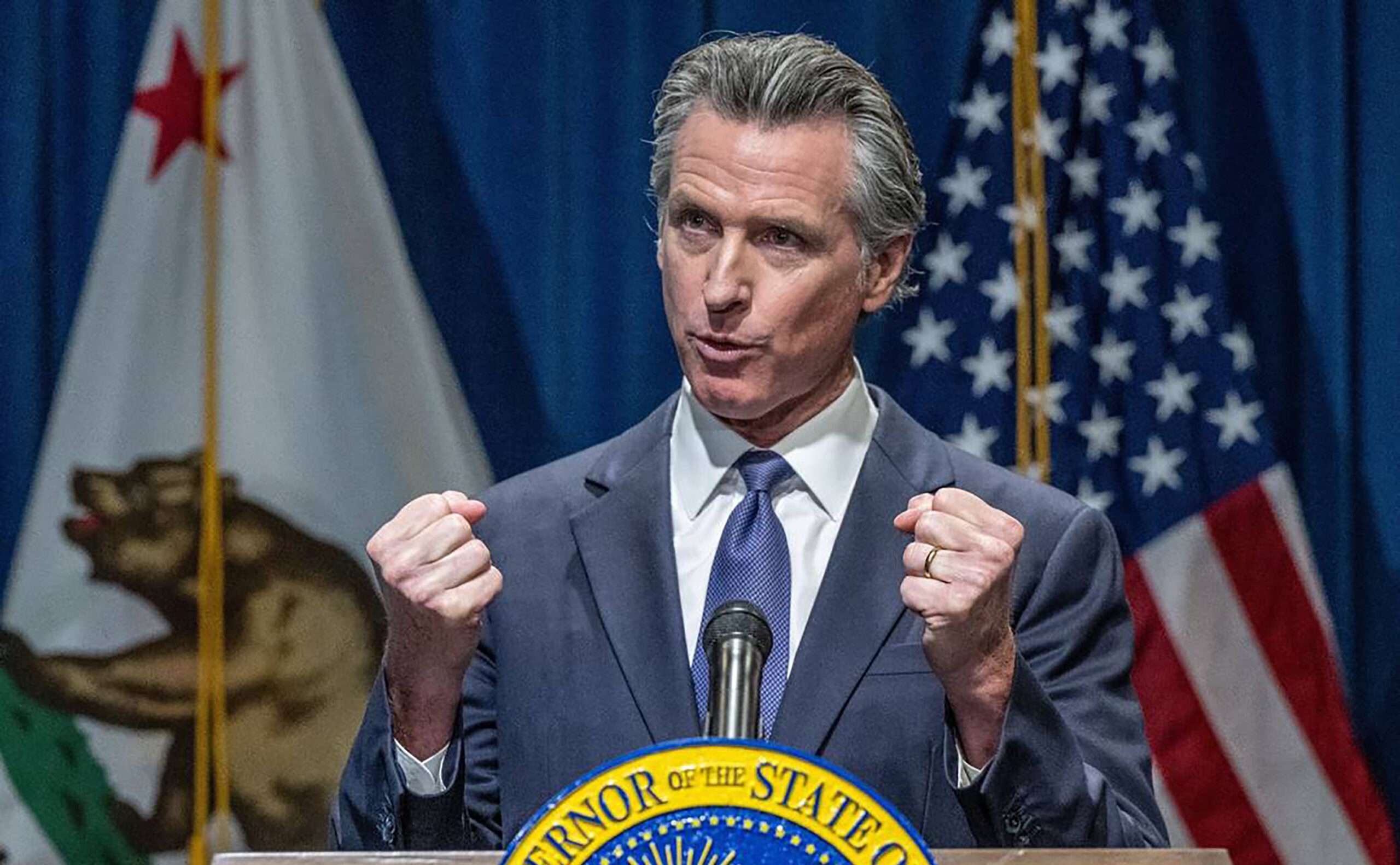
(Image of Taylor Swift from Time magazine)
Much discussion has centered around Republican V.P. candidate JD Vance’s repeated remarks about childless Americans, shifting away from the previous focus on the “radical homosexual agenda.” Vance’s emphasis on the childless represents a new strategy within the Christian Right, targeting a broader audience beyond the evangelical base.
By appealing to both white evangelicals and a larger patriarchal coalition, Vance’s rhetoric aims to build a new conservative movement that incorporates Christian nationalism while also expanding its reach. This coalition, which includes white evangelicals, conservative Catholics, and tech billionaires, seeks to maintain political power despite a changing demographic landscape.
Understanding Family Politics in White Evangelical Culture
White evangelicals, as the base of Christian nationalism, prioritize the family as a key component of their religious and political beliefs. Messages about gender, heterosexuality, and nuclear families are pervasive in evangelical spaces, reinforcing the importance of defending the traditional family structure.

(Image source: Maple Grove Mennonite Church)
Evangelicals often connect family life to their theology by portraying fathers as representatives of the Heavenly Father, elevating patriarchy and the patriarchal family to a sacred status. This emphasis on the patriarchal family serves to evoke emotional responses and solidify the defense of traditional family values.
Evangelicals prioritize emotional connections in their religious lives, emphasizing the importance of authentic feelings alongside proper actions. This emotional affiliation is closely tied to their defense of the patriarchal, heterosexual nuclear family as the cornerstone of society and God’s plan for humanity. Leaders like James Dobson and Jerry Falwell have framed heterosexual marriage as a divine institution, essential for societal stability and prosperity.
However, this focus on the nuclear family as a solution to social issues like poverty ignores the complex realities of family structures in America today. While evangelical leaders argue that promoting heterosexual marriage will alleviate poverty and other social ills, social science research suggests that economic policies and inequality actually play a larger role in shaping marriage trends. Wealthier individuals are more likely to marry, not the other way around.
By championing the importance of the traditional family unit, Christian nationalists offer a privatized solution to economic inequality, while a more progressive approach would address the structural factors that contribute to poverty and social distress. Ultimately, the emphasis on the family as a panacea for societal issues oversimplifies the complex interplay between economic factors and family dynamics in modern society. If that occurs, it helps alleviate some of the strain on the resources allocated to daycare. Arguing that marriage and family play a role in reducing poverty also serves as a moral basis for opposing the welfare state. According to conservative Christian beliefs, if the government offers services like childcare, it may discourage people from getting married or staying in marriages. Supporters of this view do not perceive themselves as lacking compassion for the poor, but rather as empathetic advocates for families.
On the topic of abortion within the realm of Christian nationalism, as the focus shifts towards criticizing childless women and non-traditional families, how does abortion politics tie into this narrative? Despite the Trump campaign’s wavering stance on abortion, the directives outlined in Project 2025 are steadfast. The document proposes dismantling the “Healthcare Access Task Force” within the Department of Health and Human Services and establishing a “pro-life task force” to prioritize the well-being of women and their unborn children. Additionally, the call to rename HHS as the “Department of Life” underscores the rejection of abortion as a form of healthcare.
Although the Trump campaign has distanced itself from Project 2025, the coalition behind it is likely to push for these policies in a potential second term. Research in Tennessee following the state’s total abortion ban reveals the challenges faced by reproductive healthcare providers practicing “hesitant medicine” to comply with the law. The closure of Sandpoint, Idaho’s only labor and delivery ward post-abortion ban highlights the potential consequences of such restrictive measures, impacting pregnant individuals and newborns.
The policies championed by Christian nationalism not only harm families but also serve as a diversion from the widening wealth gap in the US. By prioritizing policies that benefit corporations and the wealthy, this coalition has facilitated a significant wealth transfer from the bottom 90% to the top 1%. While focusing on family values, Christian nationalism continues to support economic measures that have negatively affected individuals across all demographics. By diverting attention from class disparities, the narrative of “childless cat ladies” and other distractions persists.
Sophie Bjork-James, an Assistant Professor of Anthropology at Vanderbilt University with expertise in researching the Religious Right and white nationalist movements, sheds light on the intersection of politics, family dynamics, and economic inequality. Her work challenges the prevailing narratives surrounding Christian nationalism and its impact on society. Could you please rephrase that?
Source link



